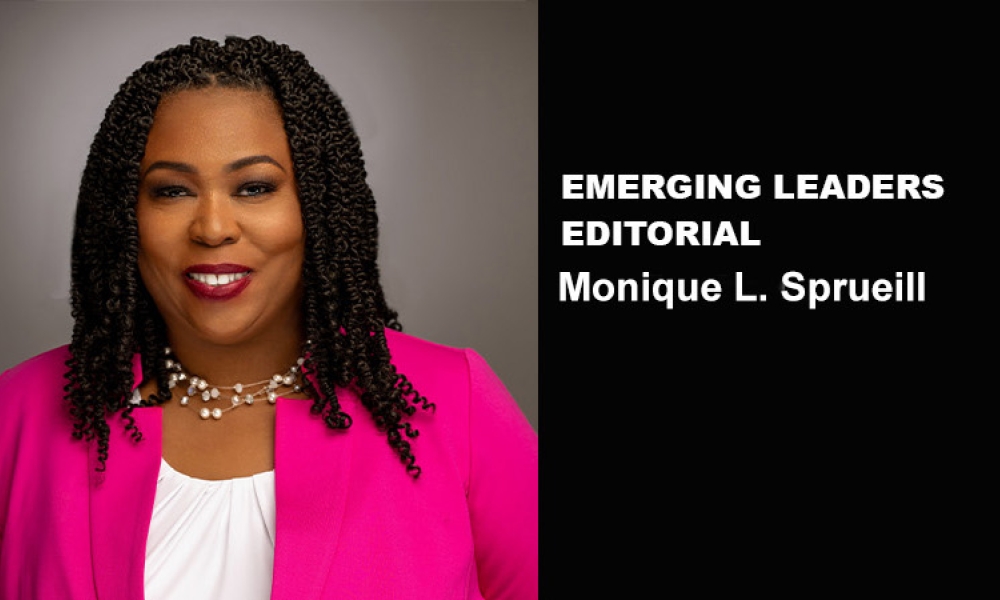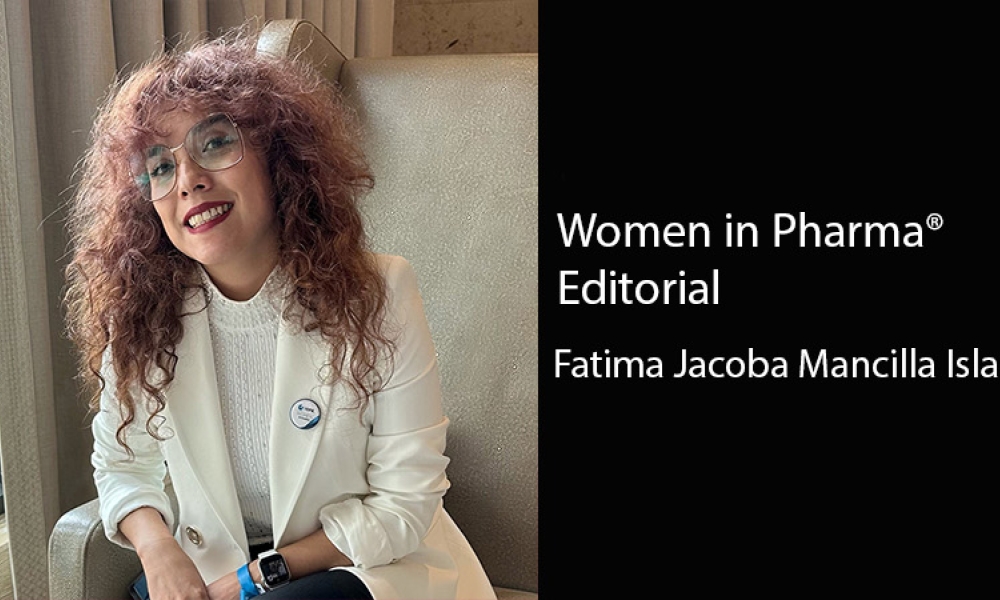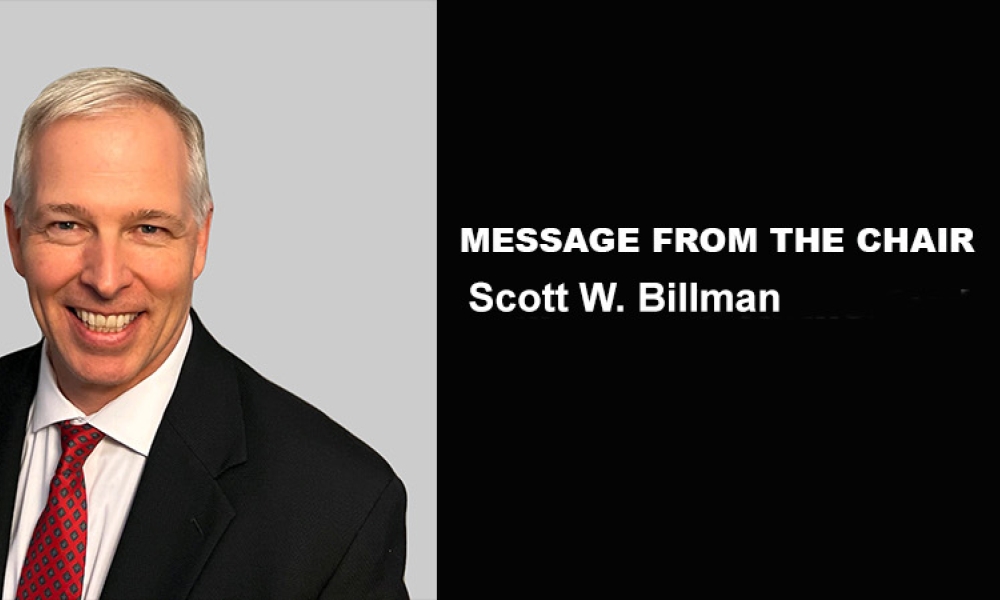European Medicines Agency (EMA) Moves to Amsterdam
Scott Fotheringham, PhD, is a freelance medical writer with interests that span fields as diverse as medical cannabis, pharmaceuticals, biotechnology, and molecular genetics. Most recently...



